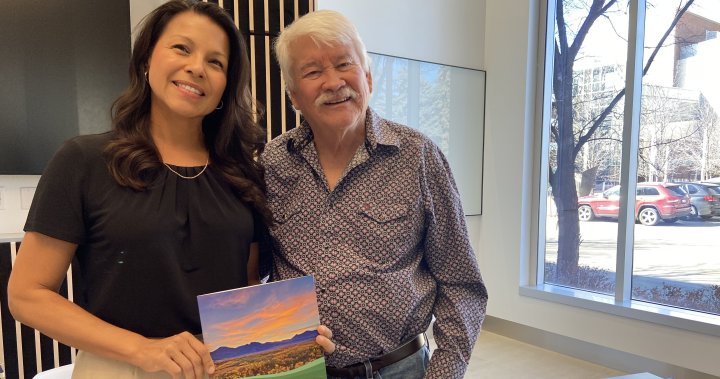The University of Alberta has released a new guide to help revitalize Indigenous languages, with the goal of counteracting the impacts of colonization and the Residential School system. Elder Dr. Elmer Ghostkeeper, a member of the Indigenous advisory committee for this guide, highlighted the importance of preserving Indigenous languages that are at risk of being lost. While there are an estimated 70 Indigenous languages still spoken, only around 15% of people in Indigenous communities can speak them fluently.
Pamela McCoy Jones, the executive director for Indigenous programming and research at the University of Alberta, emphasized the different levels at which communities are in their language revitalization journey. Some communities may already have developed curriculum and resources, while others are just starting out. McCoy Jones also acknowledged the presence of institutional and systemic racism, which has contributed to a lack of pride in Indigenous identity. However, with more available programming and cultural celebrations, more people are becoming interested in reconnecting with their culture, learning their language, and preserving traditions.
The new guide is designed to be an online and printed tool that can assist teachers and learners in creating educational programs that lead to fluency in Indigenous languages. It includes a roadmap for developing curriculums for immersion, bilingual, or subject-specific courses, starting from kindergarten and continuing into post-secondary education. McCoy Jones praised the existing work happening in Indigenous communities across Canada and expressed the intention to build on this guide with additional resources in the future.
Indigenous languages have been targeted for erasure by colonization efforts, which sought to replace them with English and Christianity. However, through revitalization efforts, these languages are now being brought back to life. This process of revitalization is seen as a way to reclaim Indigenous identity and counteract the negative impacts of colonization. By preserving and promoting Indigenous languages, communities are able to strengthen their cultural heritage and pass on traditional knowledge to future generations. The new guide from the University of Alberta aims to support these efforts and provide a valuable resource for educators and learners alike.


